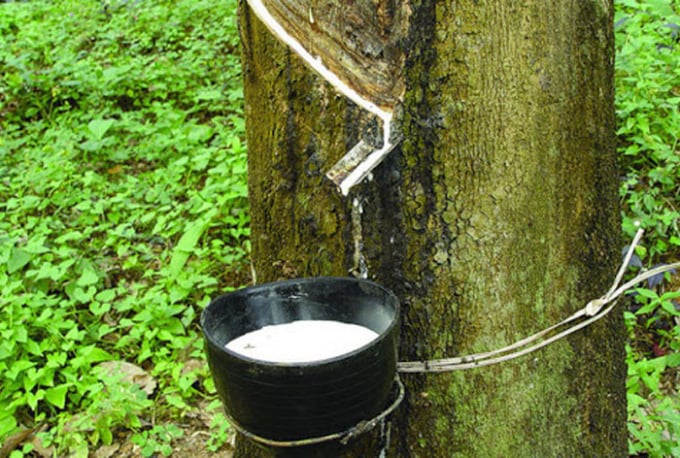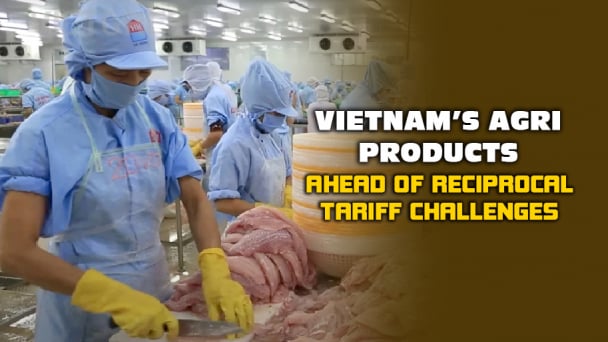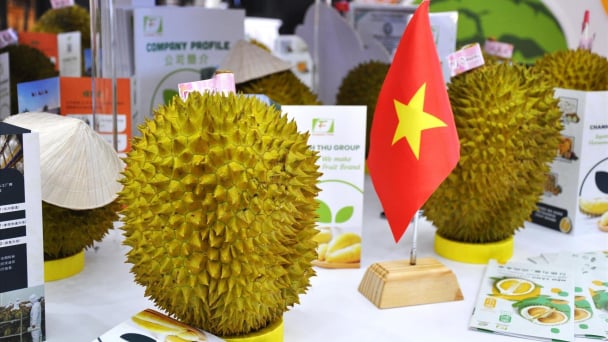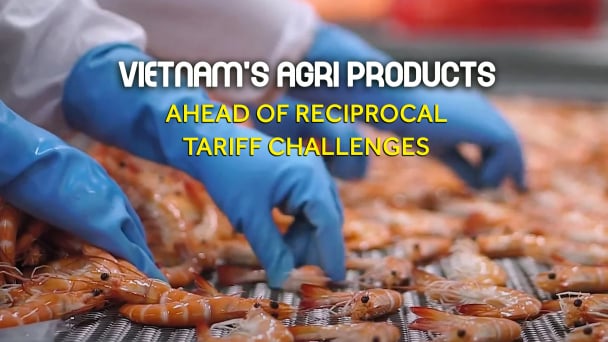May 31, 2025 | 05:19 GMT +7
May 31, 2025 | 05:19 GMT +7
Hotline: 0913.378.918
May 31, 2025 | 05:19 GMT +7
Hotline: 0913.378.918

In the past 9 months, Vietnam is the third largest supplier of natural rubber to South Korea. Photo: TL.
According to the Korean Customs, in the first nine months of 2021, South Korea imported 416.7 thousand tons of rubber, worth US$ 856.21 million, up 15.9% in volume and 39.7% in value compared to the same period in 2020.
Indonesia, Thailand, China, Vietnam and the United States are the 5 largest markets supplying rubber to South Korea.
In the first nine months of 2021, Vietnam is the fourth largest rubber supplier to South Korea with 31.14 thousand tons, worth US$ 60.04 million, up 27.4% in volume and 63% in value compared to the same period in 2020. Vietnam's rubber market share accounted for 7.5% of South Korea's total rubber imports, up from 6.8% in 9 months of 2020.
Regarding natural rubber, in the past 9 months, Vietnam is the third largest supplier to South Korea, with 31 thousand tons, worth US$ 59.63 million, up 28.7% in volume and 65.3 % in value compared to the same period in 2020.
Vietnam's natural rubber market share in South Korea's total imports accounted for 11.8%, up from 10.3% in the first nine months of 2020.
Translated by Khanh Linh

(VAN) Reciprocal tariffs are exerting pressure on U.S. exports, prompting Vietnamese firms to shift their focus to Muslim markets, Thailand, and Brazil.

(VAN) A free booth for two years at Xinfadi, Beijing's largest wholesale market, will be allocated to Vietnam's agricultural products.

(VAN) Vietnamese shrimp exporters are actively looking for alternative markets and accelerating shipments to the United States in response to the pressure of impending reciprocal tariffs. This is occurring during a temporary tariff suspension.

(VAN) The import-export turnover between Vietnam and Singapore rose amid a trade rebound, with machinery, electrical equipment, and fuels making up the majority of the transaction value.

(VAN) Director General of the General Administration of Customs of China, Ms. Sun Mai Jun, has pledged to implement measures that will ease the import process for Vietnamese agricultural products.

(VAN) Although Vietnam is still increasing its coffee exports, the industry is currently in the process of determining market strategies in response to the U.S. imposition of reciprocal tariffs.

(VAN) With rising demand in Muslim-majority countries, Halal certification is becoming a critical passport for Vietnamese agricultural products seeking sustainable market access and consumer trust in the Middle East and Africa.